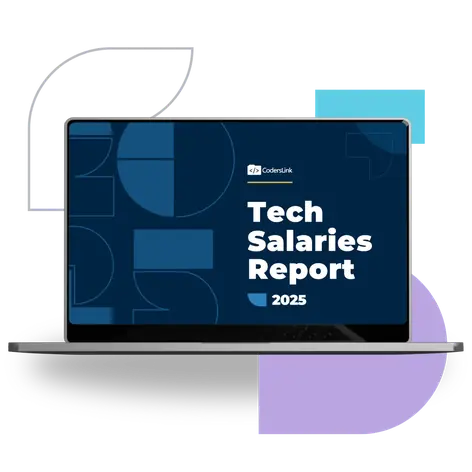
As outsourcing tech needs and software development exploded in the last decade, Companies are using an employer of record more and more as they hire remote work in other countries. Employers of Record (EOR) are a fairly recent phenomenon. So why is it the preferred way of hiring and managing remote teams now?
There are a number of factors contributing to the rise of EORs, but the main reasons include:
- The popularity of outsourcing in general
- The cost of establishing a legal entity and the risk of using just a Payroll company.
- A shift from contract workers to full teams when outsourcing.
Before looking at these more closely, it’s important to understand what an Employer of Record is…and what it isn’t.
What is the Employer of Record?
An employer of record is a company who hires, manages HR and payroll, and pays local taxes for your company’s remote employees. Unlike a Payroll company, An EOR takes on all the risk and liabilities since, on paper, they are the actual employers.
Your company manages the day to day of the employees, but carries none of the risks and burden of managing payroll, HR, and taxes.
The other two options for a company wanting to build a remote team in a foreign country are using a staffing/payroll company as mentioned above or setting up their own federal entity in the country and managing all hiring, payroll, HR, and tax compliance themselves.
Why is it popular?
There are a number of reasons why this method has become so popular in the last few years, but three stand out:
- Outsourcing is getting more popular
The first and most obvious reason is that outsourcing in general has grown exponentially. As tech talent grows over the world and the cost of Western developers in the U.S., UK and Western Europe rises, more companies see outsourcing engineering and development as essential to scaling.
One of the biggest hurdles to outsourcing, apart from actually finding the right talent, is navigating the laws, regulations, and culture of the country they are hiring from. EORs are an affordable, low risk solution to that challenge, so the business grew alongside the outsourcing industry.
2. Creating a federal entity is often more upfront cost and risk
For companies wanting to establish long term remote tech teams, establishing a federal entity in the country will most likely be necessary. However, it costs more to establish a federal entity and often takes months or even years in certain countries. EORs provide a quick stop gap for countries that either aren’t sure how long they will need to outsource, or don’t want to wait to get started.
3. A shift from contract workers to building teams
There has also been a shift in the way companies outsource their development needs. Instead of just outsourcing low level coding tasks to random, one off foreign coders, companies are now wanting to hire entire teams for larger projects.
This shift requires a different type of infrastructure. EORs are perfect for building foreign teams quickly and compliantly.
Challenges to Employers of Record
Just because using an Employer of Record is a great solution for many companies looking to outsource engineering and development, there are some challenges.
The laws surrounding use of an Employer of Record are different in each country, which can be difficult to navigate and costly for the company if wanting to build tech teams in multiple countries. And even if the laws are favorable to the use of Employer of Record, it is only a temporary solution. Almost all countries have some sort of limit, whether explicitly stated or implicitly understood, to how long a company can utilize an Employer of record (often between 18 to 36 months).
Employer of Record and CodersLink BOT
CodersLink employs a method called Build-Operate-Transfer to help companies build nearshore tech teams in Mexico. Although they do serve as the Employer of Record, they also work to help companies find and recruit the right talent and guide them through the process of ultimately taking permanent control of the team they build.
Reach out today if you are in need of an Employer of Record that can still legally operate in Mexico.


